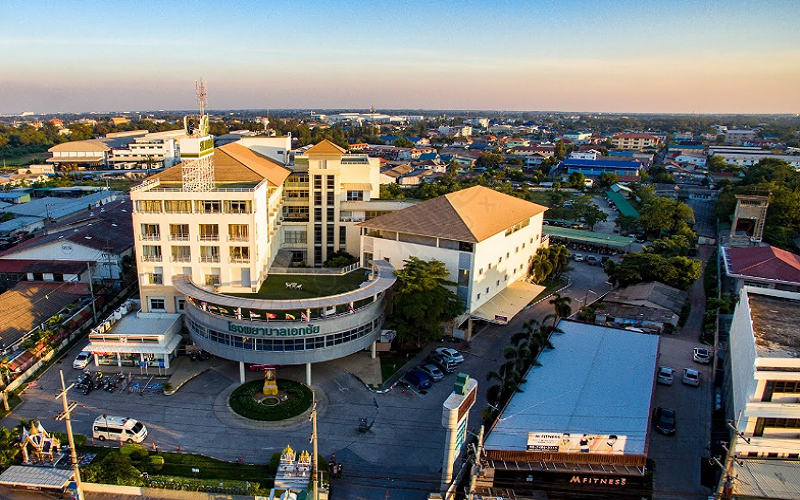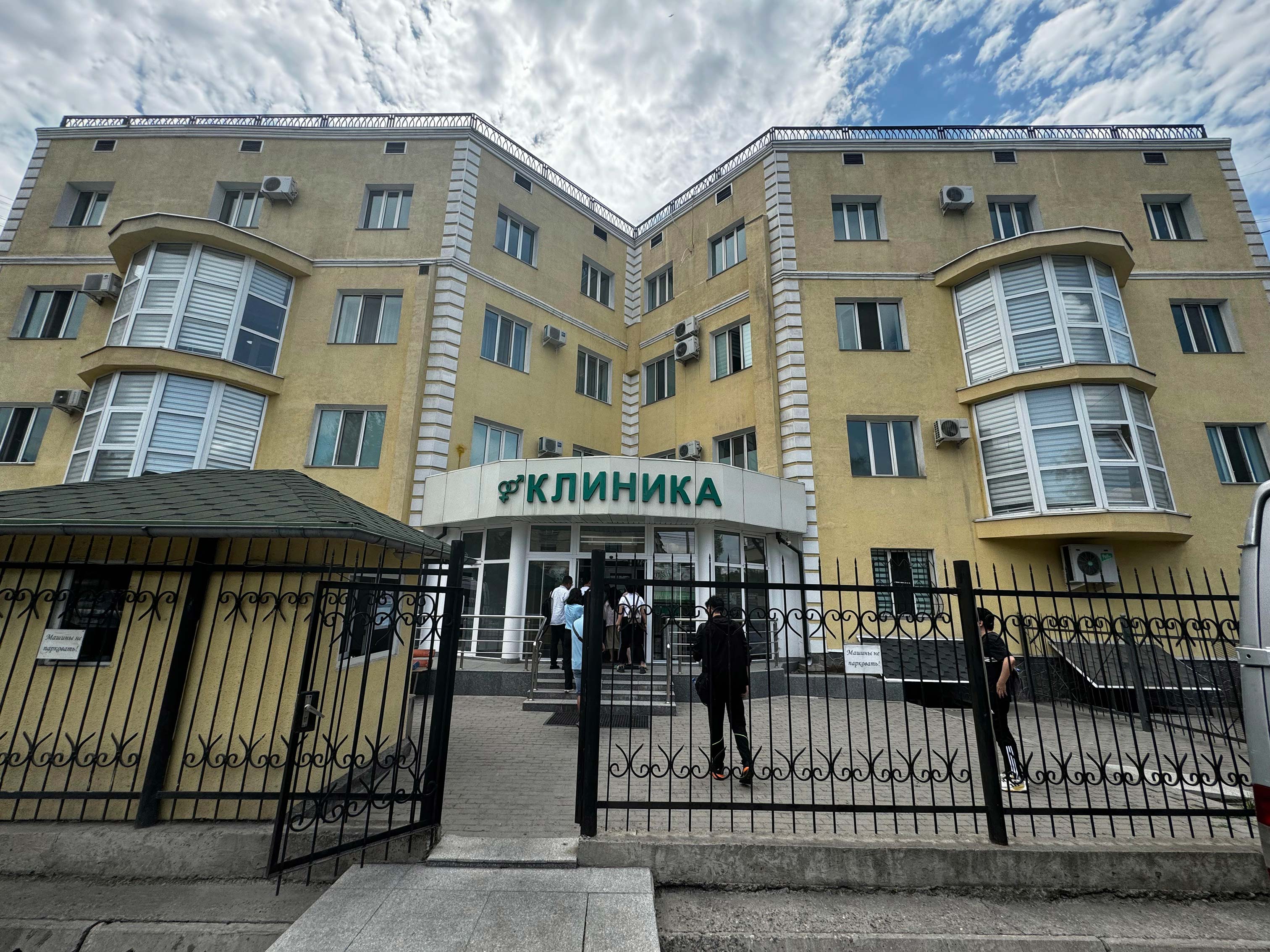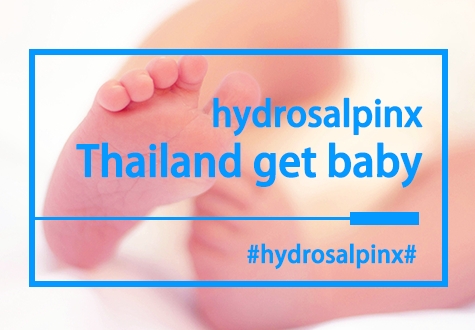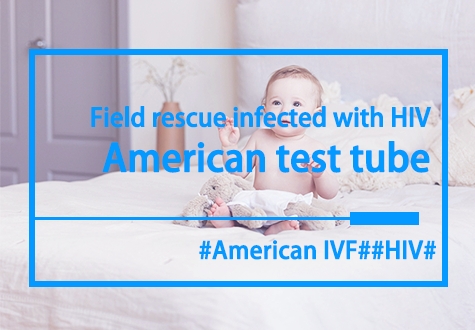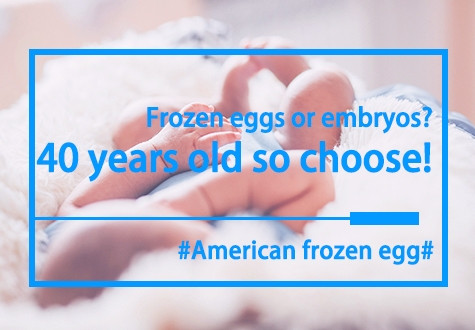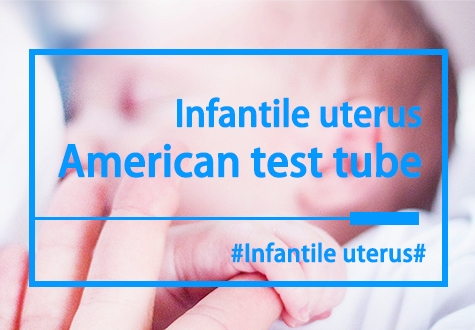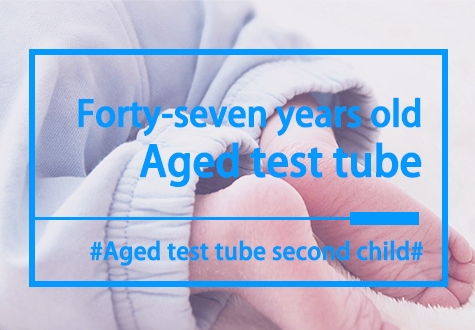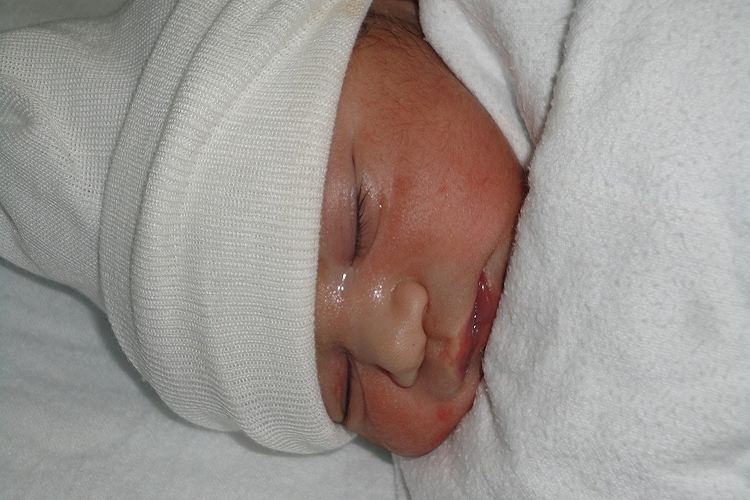Is IVF feasible for a 42-year-old woman with premature ovarian failure?
As women age, their fertility gradually declines, and premature ovarian failure makes many women face fertility difficulties. When a 42-year-old woman suffers from premature ovarian failure, can she still realize her dream of having a baby through IVF technology?

Premature ovarian failure, also known as premature ovarian insufficiency, refers to the failure of ovarian function in women before the age of 40 due to ovarian follicle exhaustion or iatrogenic damage. Women with premature ovarian failure often face a series of problems such as low estrogen levels, amenorrhea, and infertility. However, IVF technology, as a means of assisted reproduction, provides these women with a certain hope of having children.
IVF technology, also known as in vitro fertilization-embryo transfer (IVF-ET), is a technology that achieves pregnancy by fertilizing a woman's egg and a man's sperm in vitro, culturing the fertilized egg to a certain stage, and then transplanting it back into the woman's uterus. For women with premature ovarian failure, although their ovarian function is impaired, it is still possible to achieve fertility through IVF technology.
Is it feasible to have IVF for a 42-year-old woman with premature ovarian failure?
1、Age factor and IVF success rate?
Age is one of the important factors that affect the success rate of IVF. As age increases, women's fertility gradually decreases, and the success rate of IVF also decreases. However, for a 42-year-old woman with premature ovarian failure, although she is older, IVF technology is still feasible. The doctor will develop a personalized diagnosis and treatment plan based on the patient's specific situation to improve the success rate of IVF.
2、What is the impact of premature ovarian failure on IVF?
Premature ovarian failure means that a woman's ovarian function has been damaged, and the quantity and quality of eggs will be affected. This may reduce the success rate of IVF, but it does not mean that it will not succeed at all. During the IVF process, doctors usually use ovulation-stimulating drugs to stimulate the ovaries to produce more eggs to increase the chance of conception. At the same time, doctors will also select suitable embryos for transplantation based on the patient's specific situation to further increase the success rate.
3、Tips to improve IVF success rate
Seek professional medical help
For a 42-year-old woman with premature ovarian failure, it is crucial to seek help from a professional doctor. The doctor will develop a personalized diagnosis and treatment plan based on the patient's specific situation and provide professional guidance and advice. Therefore, it is very important to choose a regular reproductive medicine center for consultation and treatment.
Maintain good living habits
Maintaining good living habits is also very important to improve the success rate of IVF. This includes maintaining a healthy diet, proper exercise, adequate sleep, and avoiding bad habits such as smoking and drinking. These habits help improve the body's immunity and fertility.
Positive adjustment of attitude
There may be various challenges and difficulties during the IVF process, so it is very important to maintain a positive attitude. Patients should trust the doctor's professional ability, actively cooperate with the treatment, and believe that they can successfully realize their dream of having a child.
Although women with premature ovarian failure at the age of 42 face certain difficulties in having children, IVF technology still provides them with some hope of having children. By seeking the help of professional doctors, maintaining good living habits and actively adjusting their mentality, these women may still realize their dream of having children.
Xinbaoen Medical focuses on global IVF services, customizes IVF plans according to individual circumstances, and provides transparent and open costs. It provides relevant consultations for families with advanced pregnancy, azoospermia, family heredity, premature ovarian failure, same-sex IVF, and pregnancy assistance for single-child families. It guarantees your health, allows you to enjoy one-stop medical services, and helps you quickly get admitted to the hospital for treatment.

